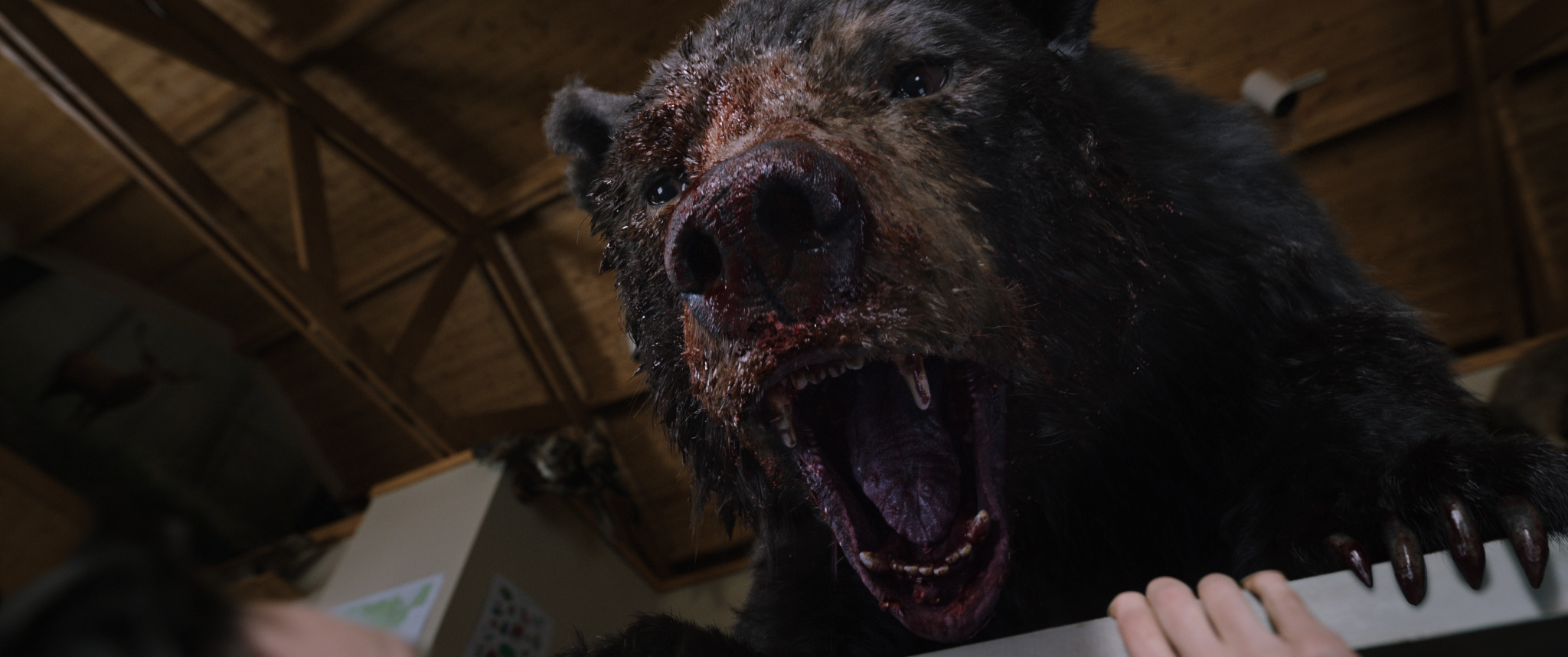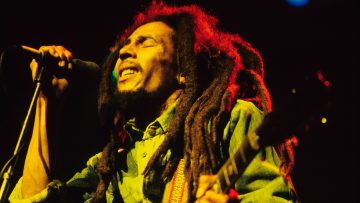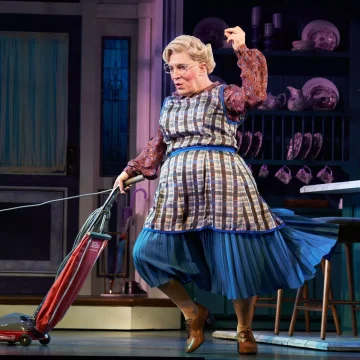With films like Cocaine Bear, M3GAN and Marcel the Shell With Shoes On gracing our screens, Rory Doherty argues we’re entering a dangerous new era of internet movies.
Have you heard about the bear that did cocaine? In 1985, an American black bear in the Tennessean wilderness ingested a whopping 40 kilos of cocaine that had fallen from a drug smuggler’s plane. You may have heard of this story from YouTube explainers, message boards, or the three times it was upvoted to the front page of the subreddit /r/TodayILearned.
Naturally, the bear promptly died after ingesting over 70 pounds of narcotics. In the minds of forum prowlers everywhere, a new, more exciting embellishment of the story had formed – an imagined Scarface-esque, coke-fuelled ursine rampage. This joke version of the story apparently has enough legs to carry it from upvoted comment threads all the way to Hollywood, as Elizabeth Banks’ action-comedy Cocaine Bear is about to hit our screens.
It would be disingenuous to say that the ascension of, as he’s been dubbed, “Pablo Eskobear”, was a natural evolution and not, in at least some small part, a major studio taking advantage of a unique internet style of fame.
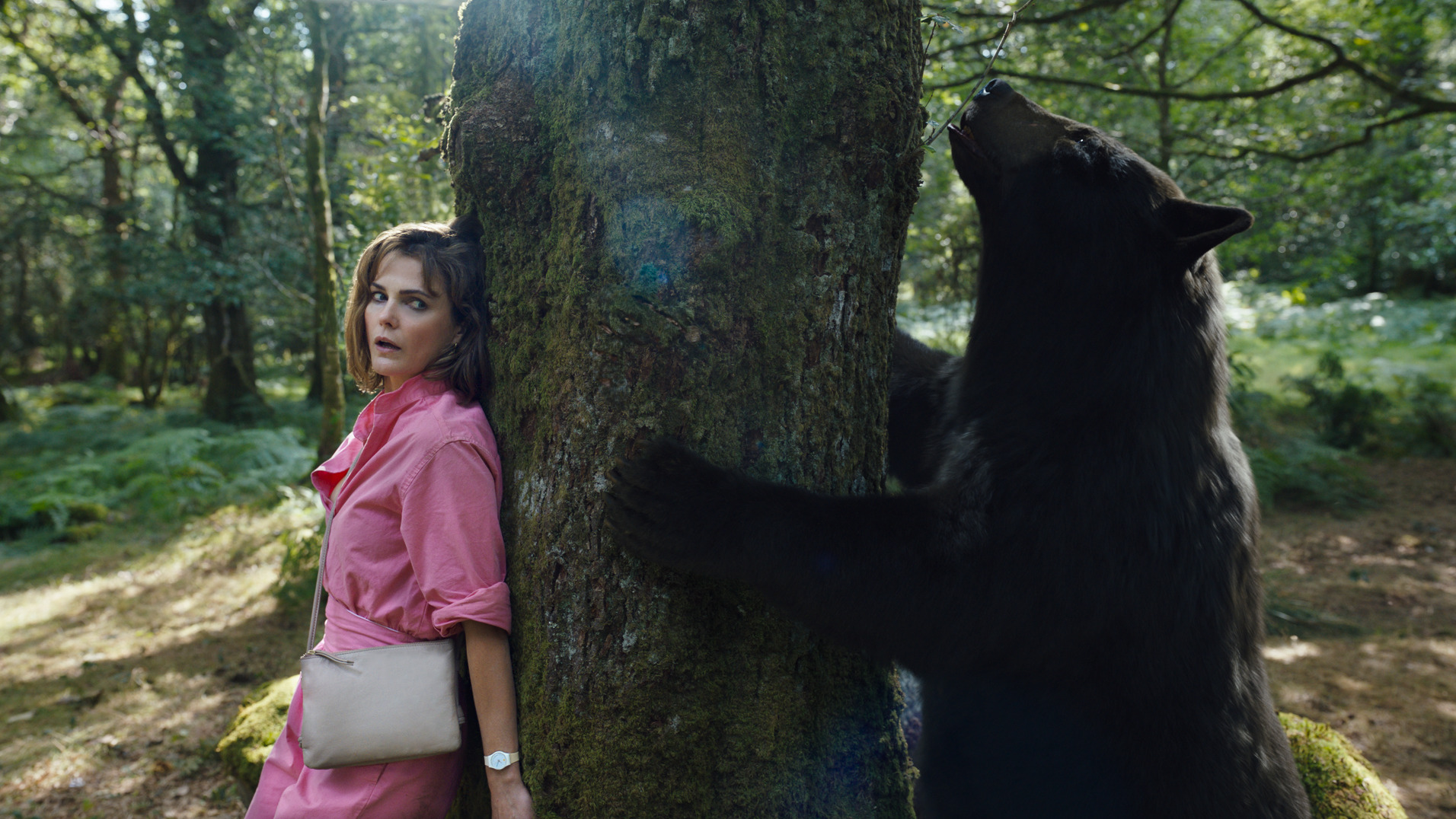
Keri Russell in Cocaine Bear. Credit: Universal Pictures
It’s not just that the ursa cocainus has enjoyed a healthy virality, but his tale resonates with an “online” crowd due to its outrageous, meme-able, larger-than-life nature. It’s the type of story that gets people talking, even if there’s not much to talk about once you get over the initial absurdity. But to studios, internet renown translates to one thing – guaranteed ticket sales. Or does it?
There’s no reason why something like Cocaine Bear shouldn’t be made, especially if audiences are hungry for it. But with multiple lines in the trailer amounting to some variation of “A bear has taken cocaine”, there’s a slight fear that the film’s easy marketability has been baked into its construction, that it will amount to little more than 95 minutes of people observing how crazy its (largely fabricated) story is.
This would make the film the apex of Hollywood’s growing symbiotic relationship with the internet, a vast network whose communities major studios have increasingly traded in on over the past few years – with mixed results.
Do you recognise this story beat? A character, at their lowest, makes an impassioned plea for empathy or connection in some form of internet video. The next day they discover it has resonated with audiences globally and gone viral. It can be found in the misguided Dear Evan Hansen, Instagram-satire Ingrid Goes West, and even the ultra-cute hybrid animation/mockumentary Marcel the Shell with Shoes On.
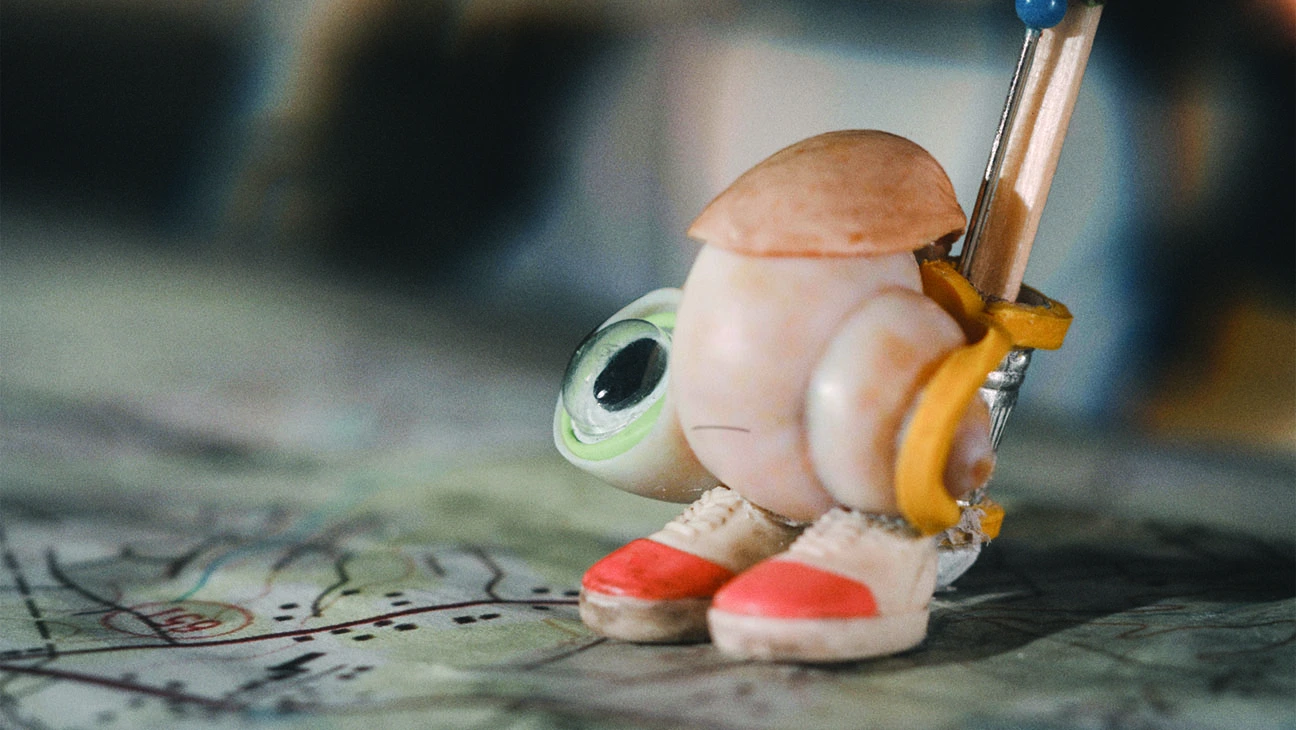
Marcel The Shell with Shoes On. Credit: A24
Those films are on a gradient of quality, but even with the winning charm of Marcel, it still rings a little false, right? Like, that’s not how viral internet campaigns operate, at least not in the overly-simplified version of virality that feels grounded in a pre-TikTok online era. It also feels cheap, a quick way of manufacturing support for our character by lazily pasting “the internet” into your third-act structure.
What about this one – an underground community of disenfranchised and resentful men who conspire online to force their reactionary and regressive agenda? In The Batman and Don’t Worry Darling, “incel” forums are used to give speculative fiction a grounded, immediate feeling –. Still, in both cases, it drags audiences with a cursory online knowledge out of the story as you watch Gen X writers try to write in a language so specific that anything less than perfect feels staggeringly inauthentic. These examples are the polar opposite of Cocaine Bear; they’re not trying to court an online audience, but rather the sensibilities of people distanced from internet communities who nonetheless are convinced they know how they operate.
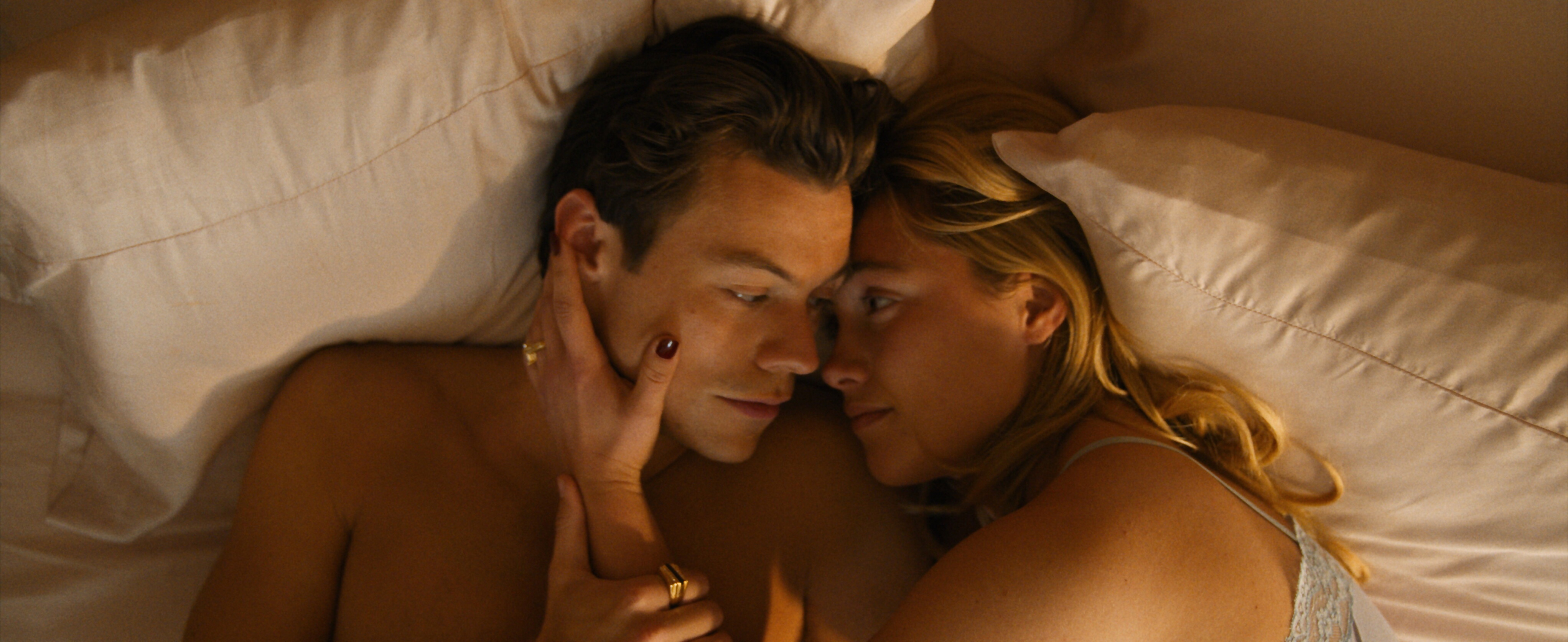
Don’t Worry, Darling. Credit: Warner Bros.
Regarding referencing online spheres, director Rian Johnson has fully crossed the rubicon. Glass Onion received wide acclaim for supercharging the style and characters in his anti-whodunnit Knives Out. Still, he also flooded his film with plot-relevant internet references to the game Among Us, cancellations, and alt-right streamers. They all landed on a broad spectrum of cringes, reminding us that internet plot details must be handled with assured, nuanced hands. Of all its detractors, the most convincing critiques of Glass Onion are at the “too online” elements.
But we now live in an era where the production and release of tentpole movies can be altered by aggressive fan action. Sometimes it’s funny, like Morbius flopping a second time after Sony was convinced the meme culture around their film would translate into ticket sales. In the case of the #Gentleminions TikTok trend, young men shared a cross-internet joke that got the teenage boy prank stamp of approval by being banned by cinema managers everywhere.
But other times, the voice of fan communities can be wielded in increasingly queasy ways: after the heated blowback from a subsection of fans to Star Wars: The Last Jedi, a new character, whose actor had been bullied off social media, had her screen time reduced to cameo status.
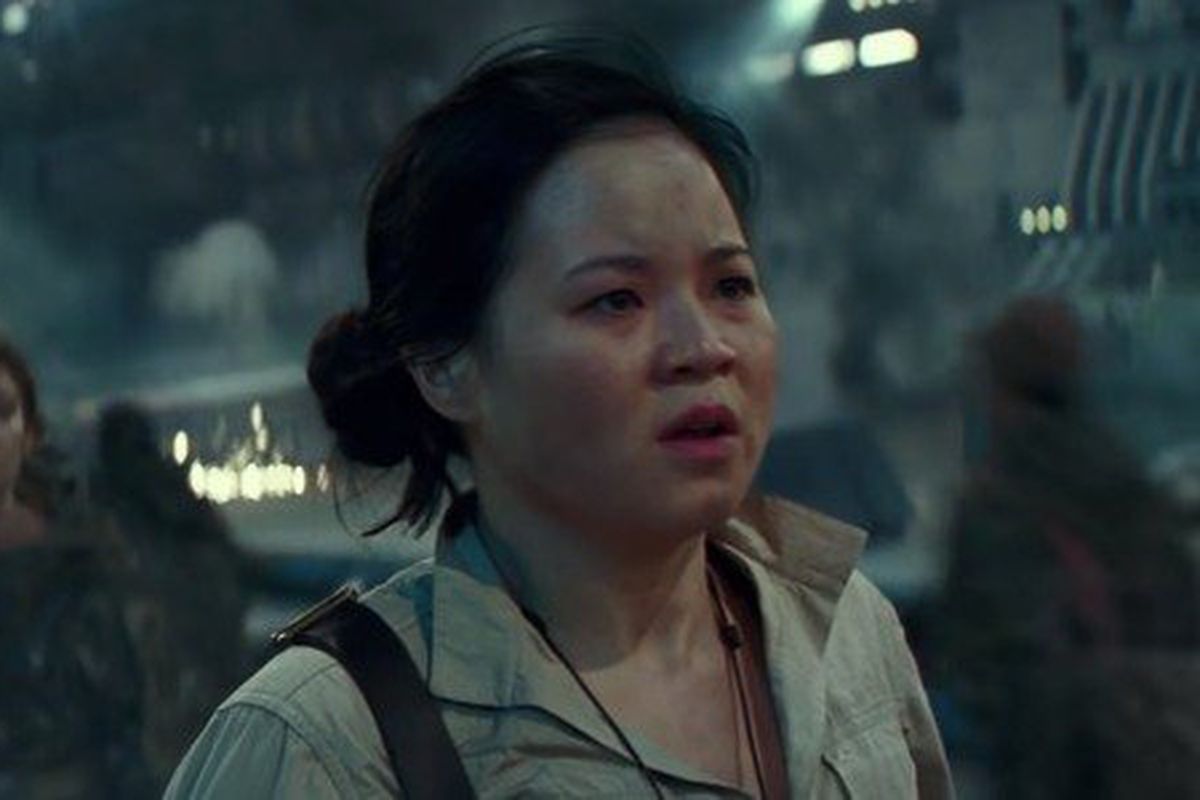
Kelly Marie Tran’s role as Rose Tico was significantly reduced in Star Wars: The Rise of Skywalker following rampant online abuse. Credit: Walt Disney Studios Motion Pictures
Warner Bros. seemed to have satisfied Zack Snyder’s rapid online acolytes by releasing his director’s cut of Justice League – until they realised their collective bargaining power, now mounting daily new assaults on DC’s management (currently, they want the Snyderverse to be acquired by Netflix). This fan entitlement has also travelled into movie-making circles, as it was worked into the plot of Scream 5.
Scream 5 is a prescient example of responding to internet subcultures. It seems Cocaine Bear wants to do the same, acknowledging a love of knowingly outrageous stories that’s commonly associated with mainstream internet culture. Snakes on a Plane did the same nearly two decades ago, going as far as working online feedback into the film with reshoots.
More recently, the slasher Winnie the Pooh: Blood and Honey, which capitalises on a beloved childhood character moving to the public domain, is enjoying a stronger spotlight than it would in 2005, thanks to the average movie fan’s increased awareness of copyright litigation (you can thank the cultural dominance of superhero licensing for that). Cocaine Bear carries the torch of these two peers with unrivalled confidence, but as we’ve learned, these enterprises usually don’t end well.
The randomness of a coked-up bear is driving a marketing campaign that includes, amongst other things, tweets from the bear’s perspective, contributing to a growing trepidation about the type of film we’re about to see. No, the problem isn’t in casting a viral TikTok star, there’s a lot of deserved talent that only gets a foot in the door because of social media, and even when someone has been shoehorned in, this really isn’t the hill to die on.

Cocaine Bear. Credit: Universal Pictures
The problem is that these films prioritise being memes, touting themselves as eye-catching cultural touchstones that provoke disbelief and guffaws that we simply have to see so that audiences are compelled out of collective curiosity to assemble en masse for the stupidity that it has promised to deliver.
But films are long, and jokes are short. Memes may be a valuable economy to take advantage of. Still, they’re the most transitory currency imaginable, and they’re made with an entirely alien and incongruous language that modern American comedies use.
In the case of M3GAN, the viral doll horror, the key creative forces were completely out of touch with why the film enjoyed its niche online attention. We don’t need studios and creatives to pander to what they’re sure online audiences will want to see. It sounds counterintuitive to ask that a movie like Cocaine Bear be made more artfully, but not if that’s the alternative to being pandered to by a major studio.
Don’t just reverse-engineer a film out of memes; give the internet something worth meme-ing about.
Cocaine Bear is in cinemas on 24 February.

